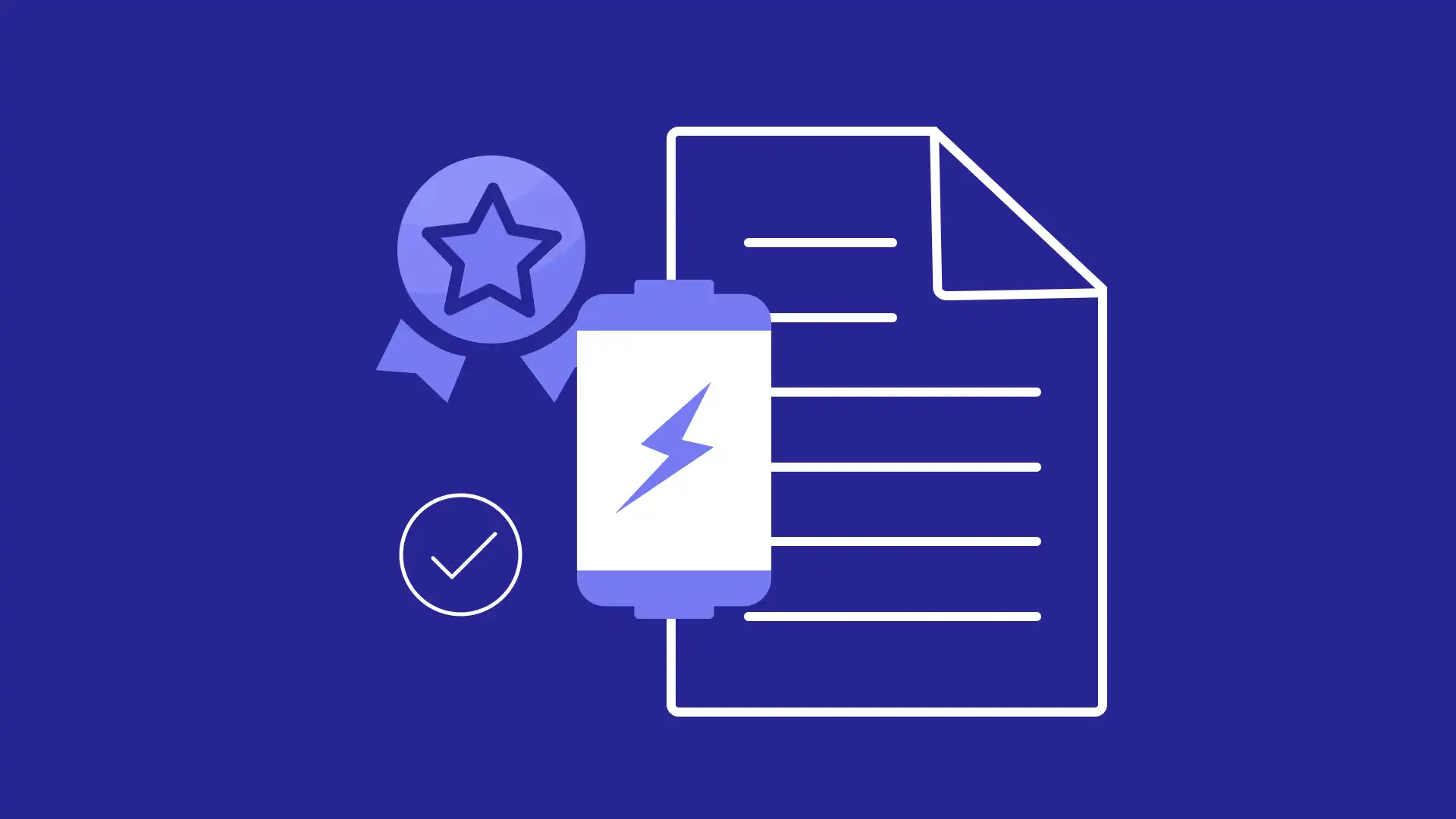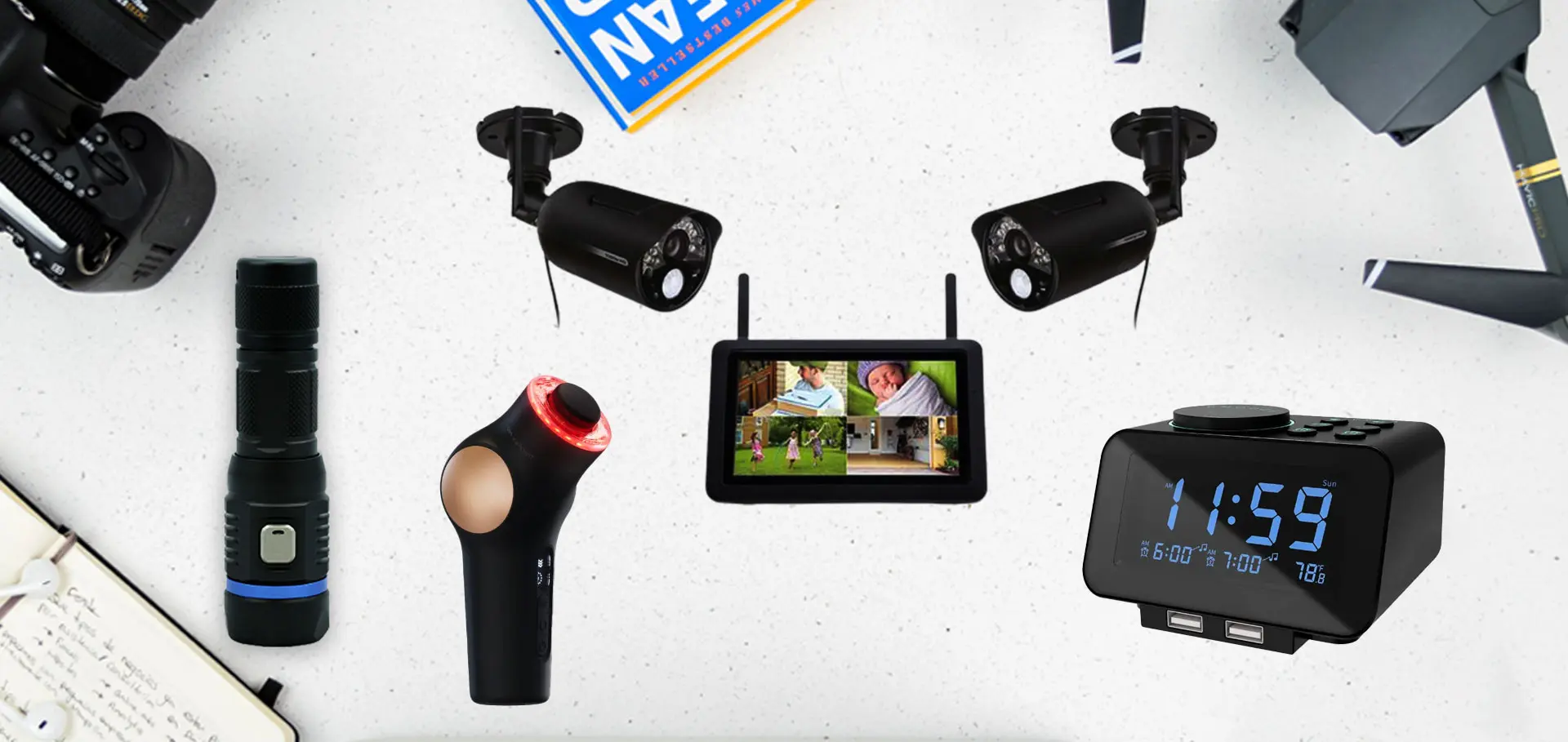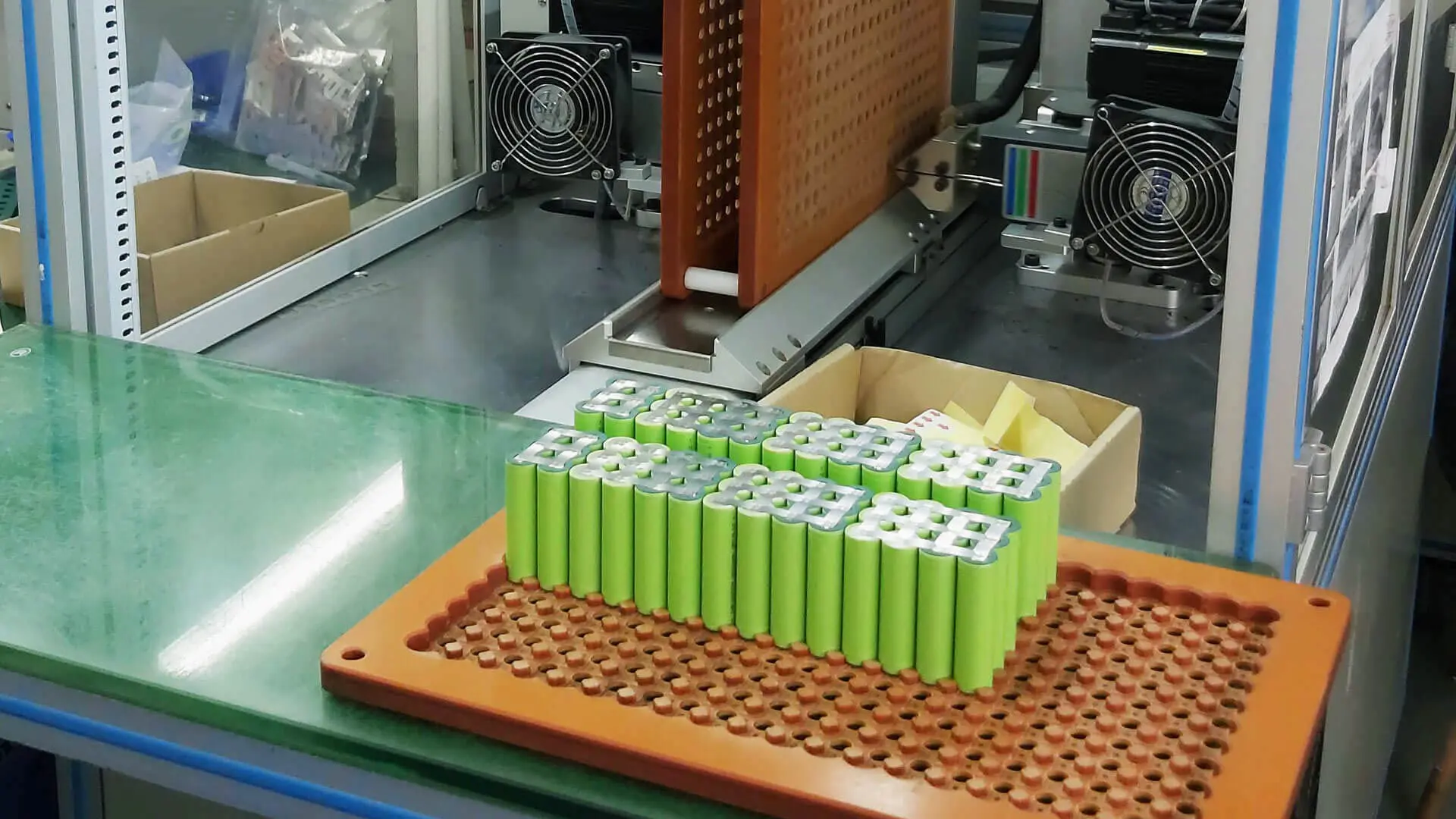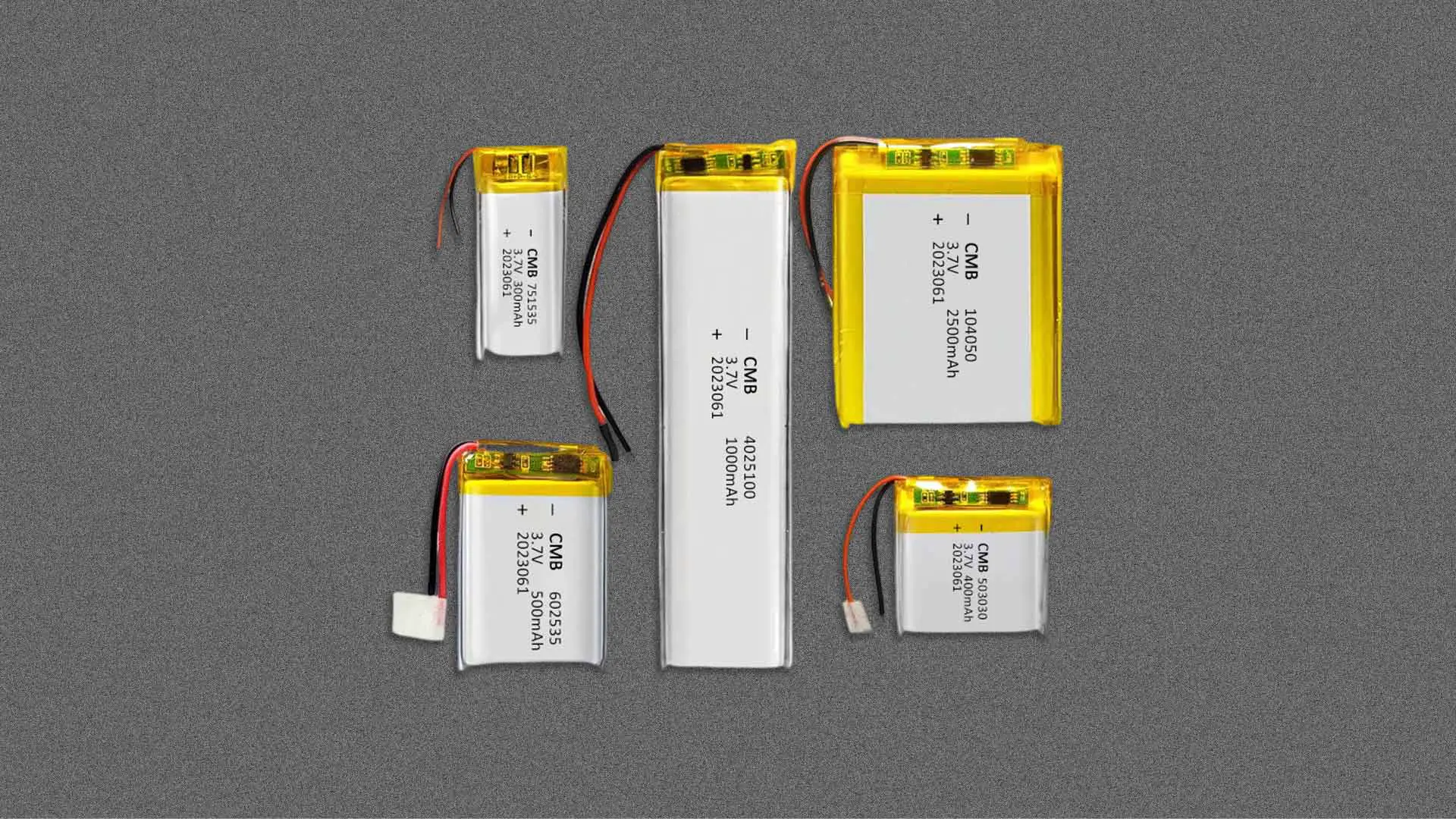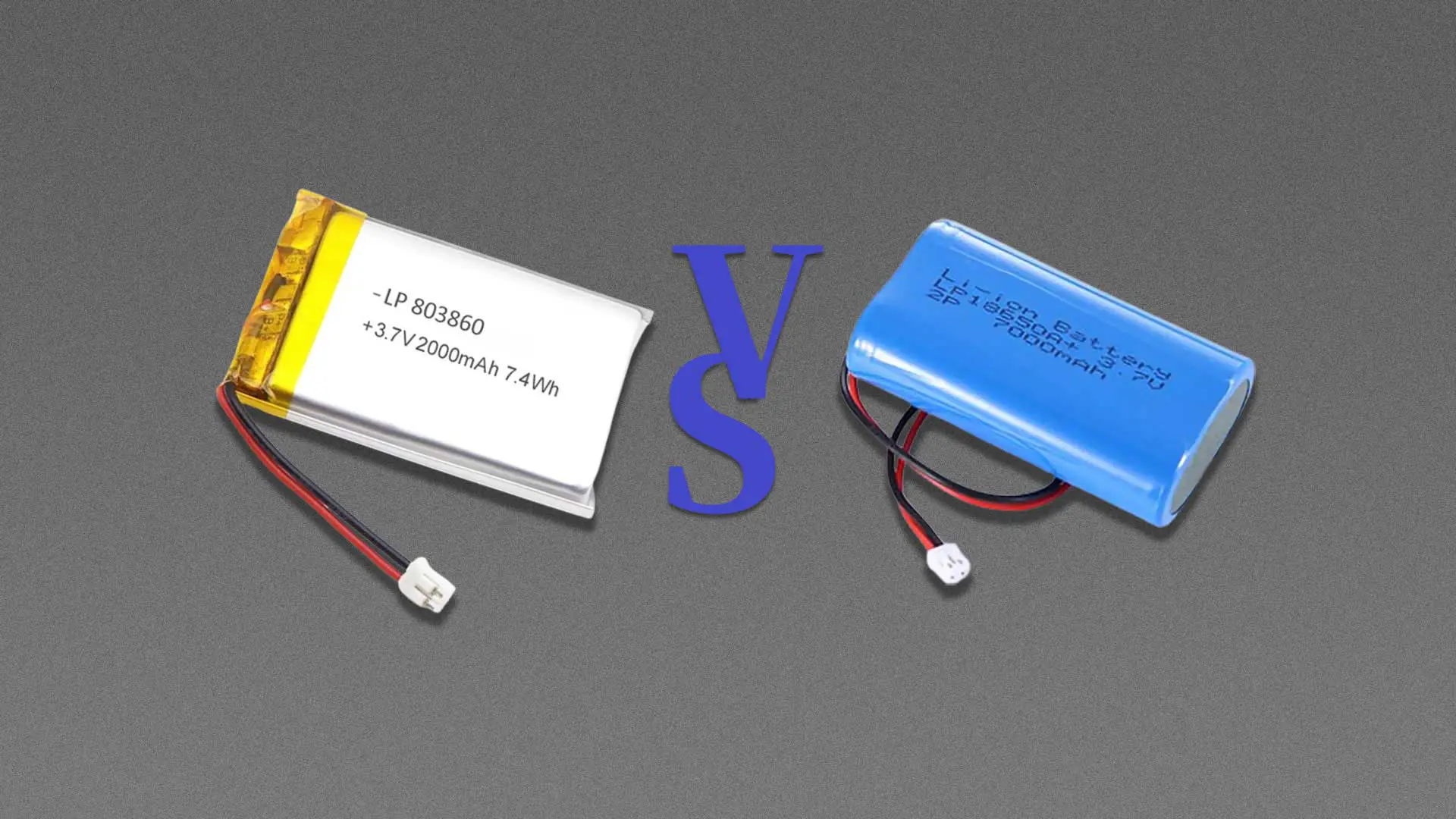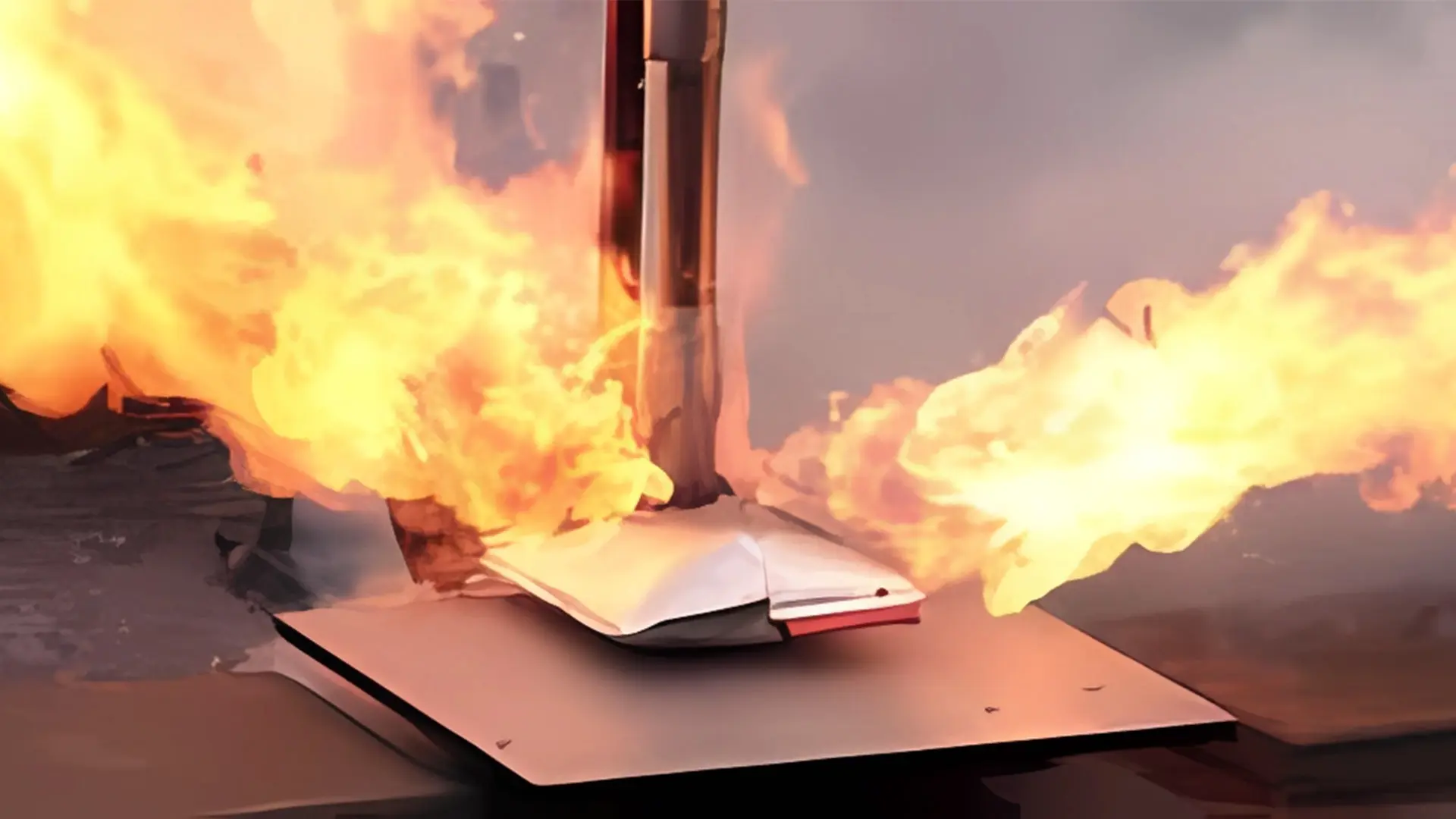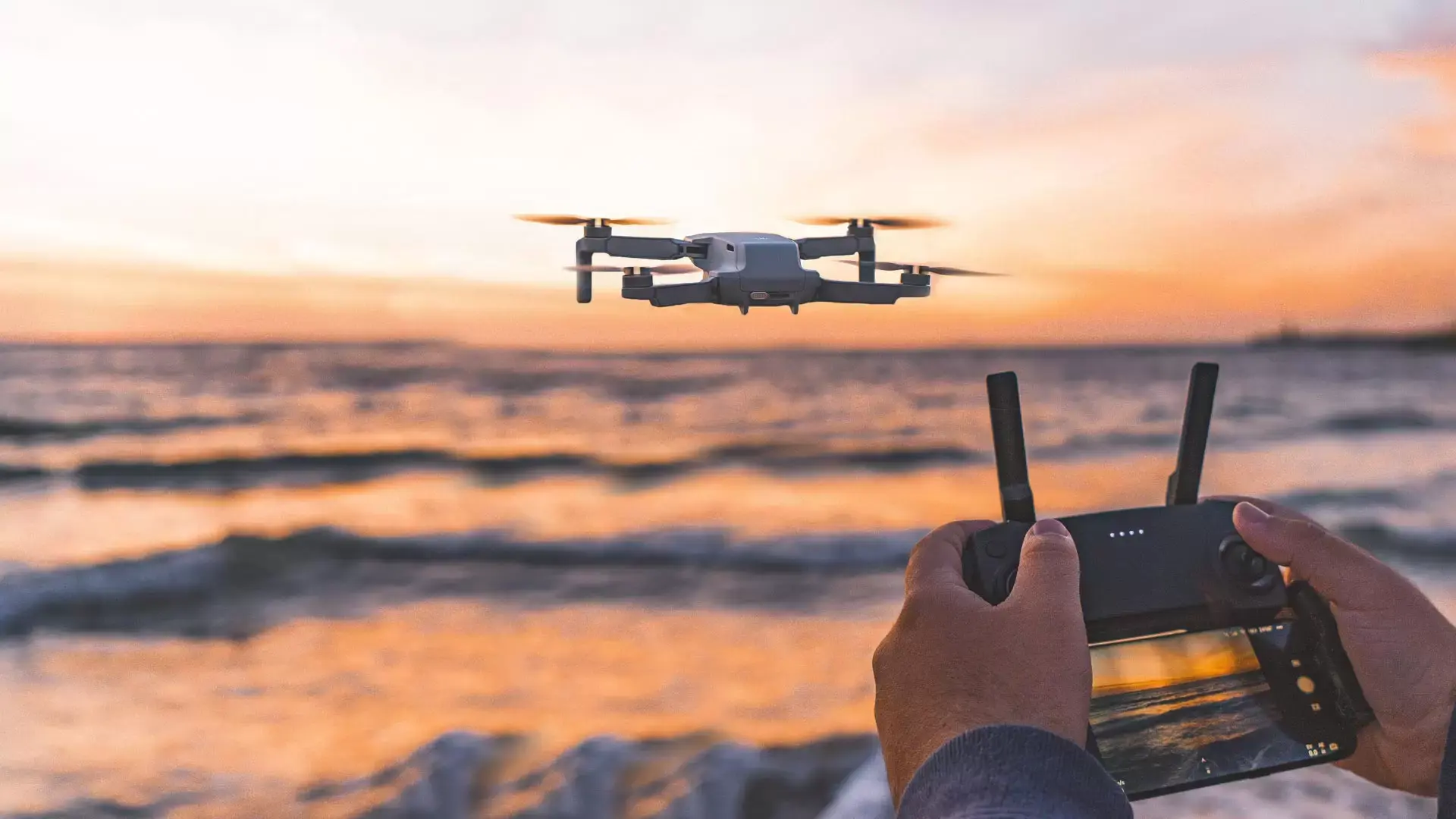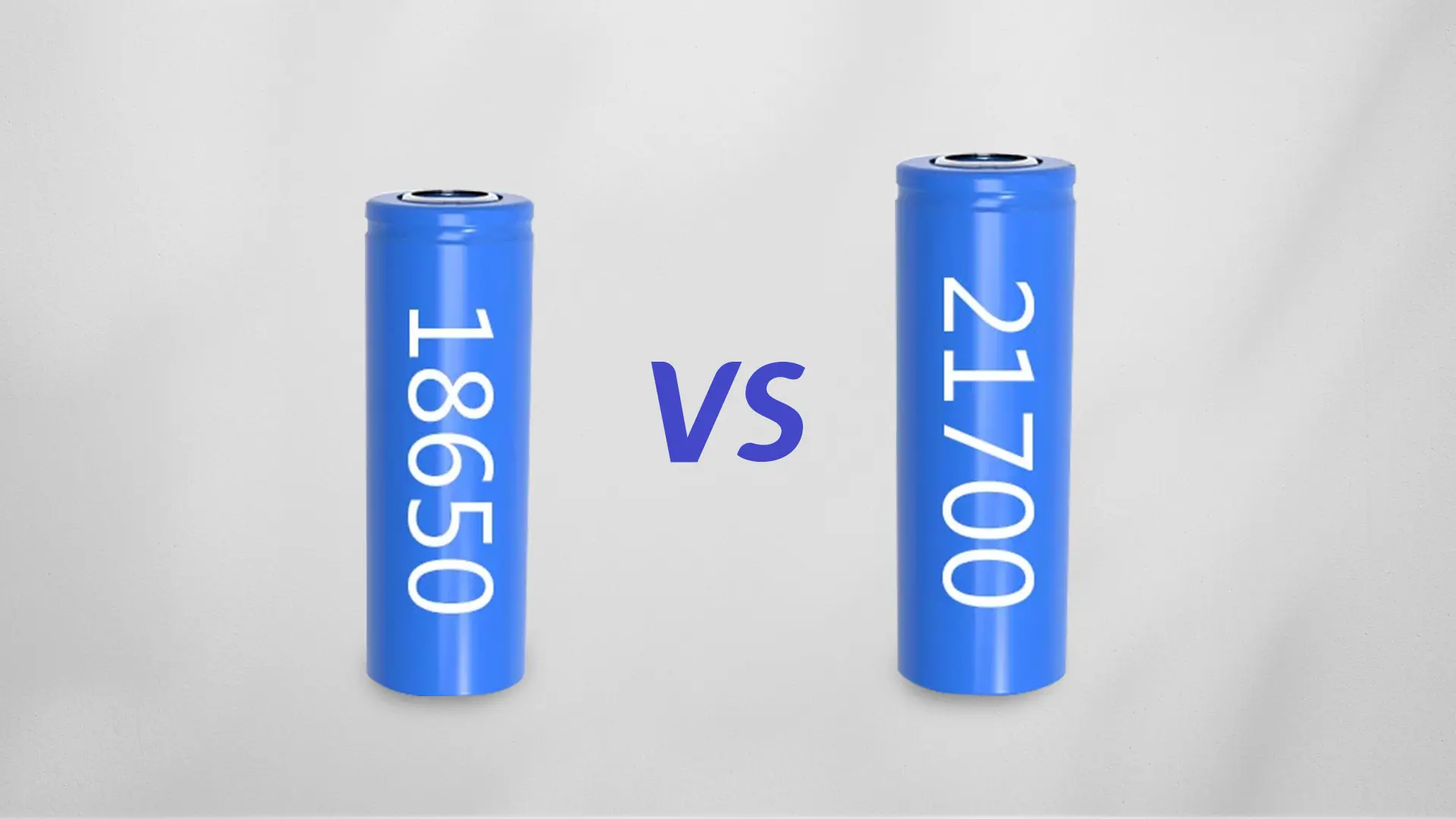The maritime industry is indeed experiencing a significant transformation, with more boat owners transitioning from diesel engines to lithium battery systems. This shift represents more than just a technology change—it’s a holistic transformation of how marine power will be approached in the future. Here’s an exploration of diesel vs electric: why lithium batteries are becoming the superior choice for modern marine applications and the profound benefits they bring to both boat owners and the environment.
Diesel vs Electric: Environmental Sustainability and Efficient Operation
Diesel engines have long been the cornerstone of marine propulsion, powering everything from small pleasure boats to massive commercial vessels. Their reliability, power, and range have made them the go-to solution for decades. However, the environmental and financial costs associated with diesel engines are becoming increasingly unsustainable. As the world shifts towards cleaner and more efficient custom battery pack solutions, these traditional engines are facing mounting challenges that boat owners can no longer afford to ignore. Here’s a closer look at why the cost of relying on diesel engines is reaching its limit, and why alternatives like lithium battery systems are rapidly gaining traction.
Environmental Impact
A variety of pollution resources are released into the atmosphere and marine enviroment by diesel engines. Diesel engines are a major sources of sulfur oxides (SOx), nitrogen oxides (NOx), and large volumes of carbon dioxide,all of which contribute to climate change, air pollution, and ocean acidification.
The impacts of diesel engines in the maritime industry extend far beyond chemical pollution. One often overlooked but significant issue is noise pollution. The loud, continuous noise generated by diesel engines can travel great distances underwater, contributing to acoustic pollution that has severe consequences for marine life. This issue is particularly concerning for marine species that rely on echolocation, such as whales, dolphins, and certain types of fish. For these animals, underwater noise pollution disrupts critical aspects of their lives, including communication, navigation, and feeding.
Operation Impact
From an operational standpoint, diesel engines present several challenges that directly impact vessel owners. These challenges affect not only the efficiency of vessel operations but also the long-term costs and overall reliability. As the maritime industry evolves, these issues are becoming harder to ignore. Here are the key operational challenges that diesel engines pose for vessel owners.
Maintenance Challenges
- Regularly change oils.
- Replace the fuel filter.
- Require complicated mechanical systems with professional knowledge.
- Frequently inspect and repair.
Reliability Challenges
- Difficulties with cold-starting.
- Complications with the fuel system.
- Risk of mechanical failure.
- Decreased performance with age.
Cost Challenges
- Much more expensive and subject to price fluctuations.
- Replacement components.
- Costs of routine maintenance.
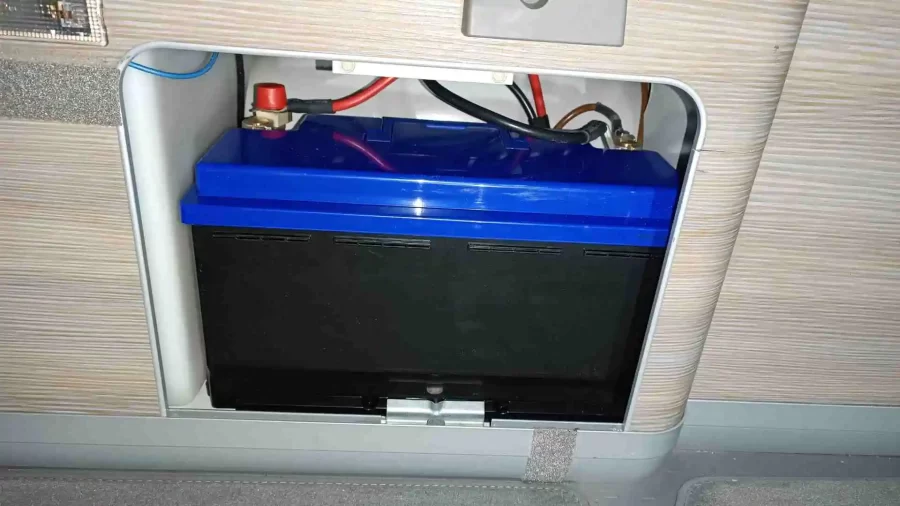
Diesel vs Electric: Why Lithium Batteries Are the Superior Alternative?
In terms of marine propulsion technology, the switch to lithium batteries is indeed revolutionary. These advanced power systems offer a range of benefits that directly address many of the long-standing drawbacks associated with diesel engines. The shift is not just a response to environmental concerns but also a strategic move toward more efficient, reliable, and cost-effective vessel operations. For the diesel vs electric, here’s why lithium battery systems are becoming a game changer in the maritime industry.
Longevity and Dependability
Lithium batteries has durable life over 10 years. That reduce repair and maintenace and boost reliability for your marine. By comparing lithium battery systems to diesel engines, it becomes clear that the lack of moving parts in lithium-powered systems significantly lowers the potential points of failure, resulting in improved operational uptime and reduced maintenance costs.
Compact and Weight Efficiency
Lithium batteries are quite lighter and more compact than diesel systems. They can save up to 70% weight, and they may be installed in a variety of ways. They also optimize weight distribution, increase vessel efficiency, and save more space for passengers or cargo.
Immediate Power Availability
Lithium battery systems offer significant operational advantages over diesel engines, particularly when it comes to immediate power delivery and reliable performance in all weather conditions. Unlike diesel engines, which require time to warm up and regular maintenance to ensure smooth operation, lithium batteries provide instant power and consistent performance, making them ideal for marine applications.
Environmental Responsibility and Sustainability
Switching to lithium battery systems brings a host of positive environmental effects beyond just the immediate reduction in emissions.
Zero Direct Emissions
Lithium battery-powered boats don’t produce any toxic sulfur or nitrogen oxides, exhaust, or particle matter. Additionally, they assist reduce your carbon footprint, particularly when they are powered by renewable energy.
Low Noise
The low noise operation of lithium battery systems enhances passenger comfort, minimizes the impact on marine life, improves communication on board, and enhances the experience for both recreational and professional boaters.
Marine Conservation
Switching lithium batteries is important in protecting marine environments.
Case Study: Addressing Heavy Equipment Electrification Challenges
Let’s look at how one company solved the challenge of converting heavy yachts from diesel to electric power.
Diesel vs Electric: B2B Customer Painpoints
The yacht company wanted to switch their equipment to electric power. But they were suffering 3 main challenges:
- Power Needs: Heavy machines need lots of power to work all day long.
- Charging: Fast charging
- Durability: The yacht needs to work reliably in harsh conditions with dust, water, and vibration.
Lithium Ion Battery Switching Solution
They designed an efficient module battery system with a 25.6V 100Ah LiFePO4 battery pack with battery modules. They are featured with automatically monitor battery life, display the remaining power, and prevent unexpected shutdowns.
CM Batteries employs lithium-ion batteries instead of Diesel Engines, reducing maintenance time and cost savings by eliminating fuel expenses. This battery case shows that switching lithium-ion batteries to electric power is practical and profitable, even for heavy equipment.
Lithium battery systems become more widely used in environmental restrictions. By making the change, vessel owners are leading them to the vanguard for maritime transformation, enjoying enhanced operations and helping to preserve the environment.
The choice to switch from diesel to lithium battery power is a meaningful investment in the future of maritime operations. This shift has the potential to yield significant benefits and support a more sustainable maritime sector with the right preparation, execution, and upkeep.
Vessel owners are taking action. By switching to lithium battery systems, you are not only improving your vessel, but also investing in a cleaner, more efficient, and sustainable future for maritime operations.

